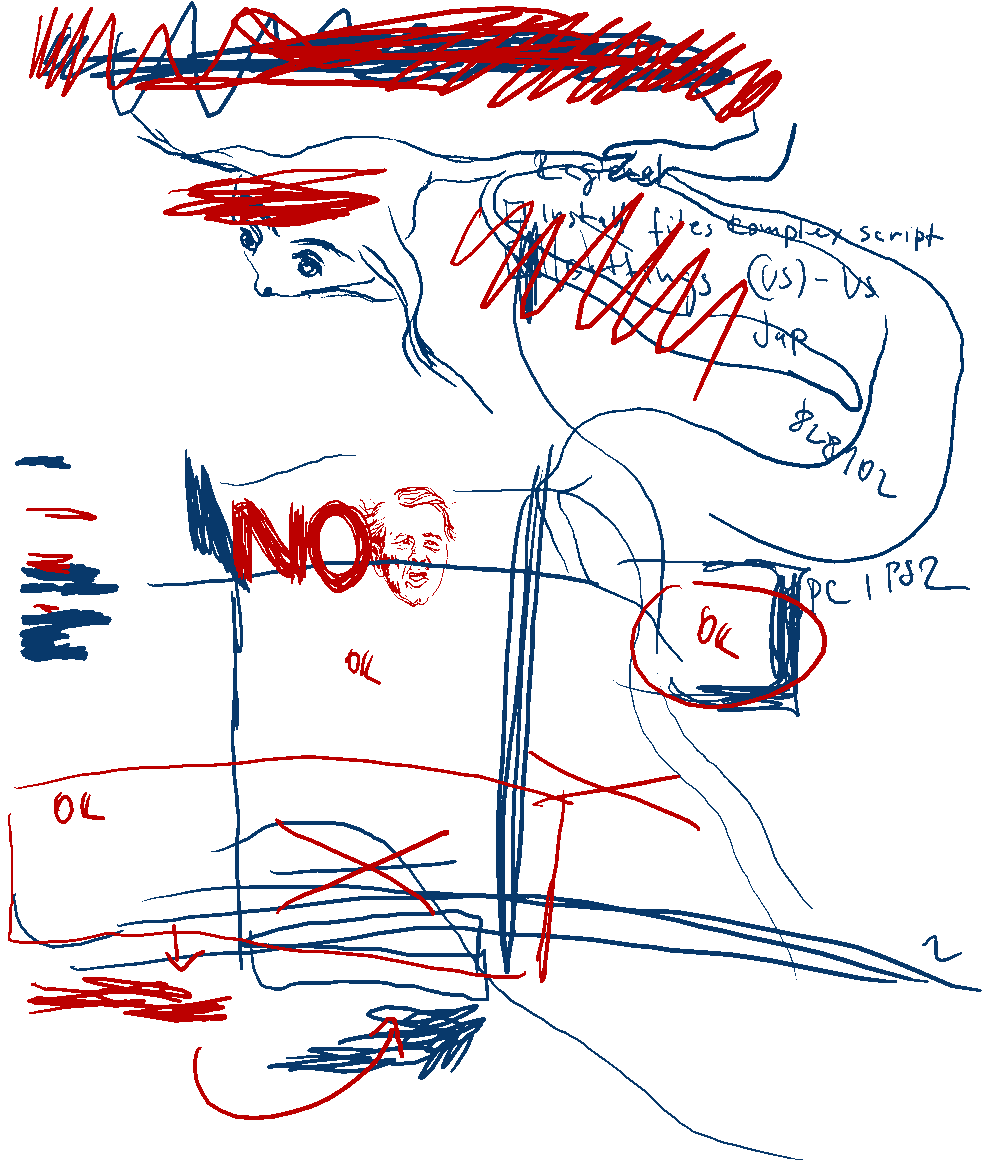Judge T.S. Ellis today told jurors to keep deliberating and instructed them with a “Sawyers charge” — more commonly known as an “Allen charge.” The term Sawyers comes from a 1970 court case in the 4th Circuit, US v. Sawyers.
So what is an Allen or Sawyers charge? It is a supplemental instruction given by the trial court when a jury has reached an impasse in its deliberations and is unable to reach a consensus.
What must it contain? The judge may instruct the jury to go back and try their deliberations again, but the charge must not coerce a jury, and it must be fair, neutral and balanced. The judge must also incorporate a specific reminder to jurors on both sides (minority and majority jurors) that they must reconsider their positions in light of the other side’s views.
Can a judge give multiple Allen charges? Yes. The judge can instruct the jury multiple times to go back and try again if they are deadlocked.
But sometimes, they’re controversial.
The way a judge delivers Allen charges and how juries react to them can be controversial as defendants have argued they can be coercive to the jury. It is notable, therefore, that Ellis today emphasized to jurors they should stay true to their convictions and take all the time they need. He even told jurors they could ignore this instruction altogether.
“You should not surrender your honest conviction” simply to reach a verdict, Ellis told the jury Tuesday while he spoke for them about five minutes. He encouraged each juror to make their own decisions on each count, but if some were in the minority on a decision, they could think about what the other jurors believe.
“You’re the exclusive judges,” he said, encouraging them to make their own decisions about witness testimony and evidence in the case.
“Take all the time which you feel is necessary,” he said.















